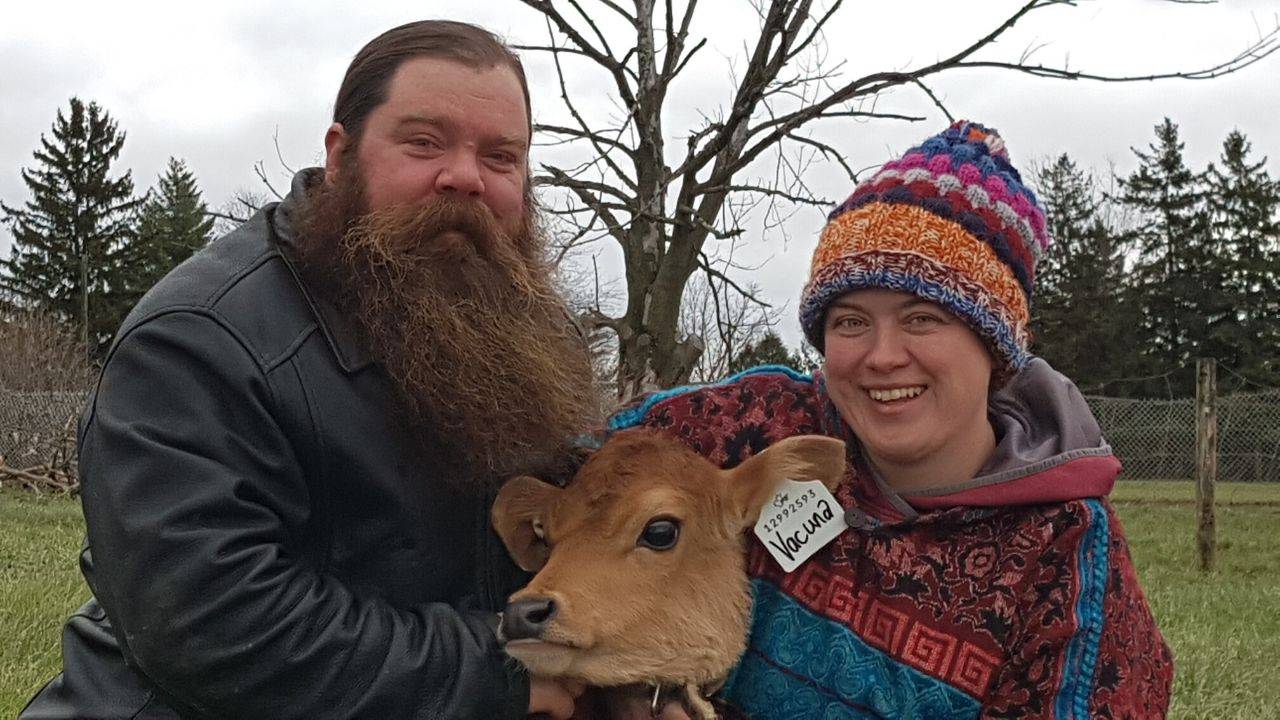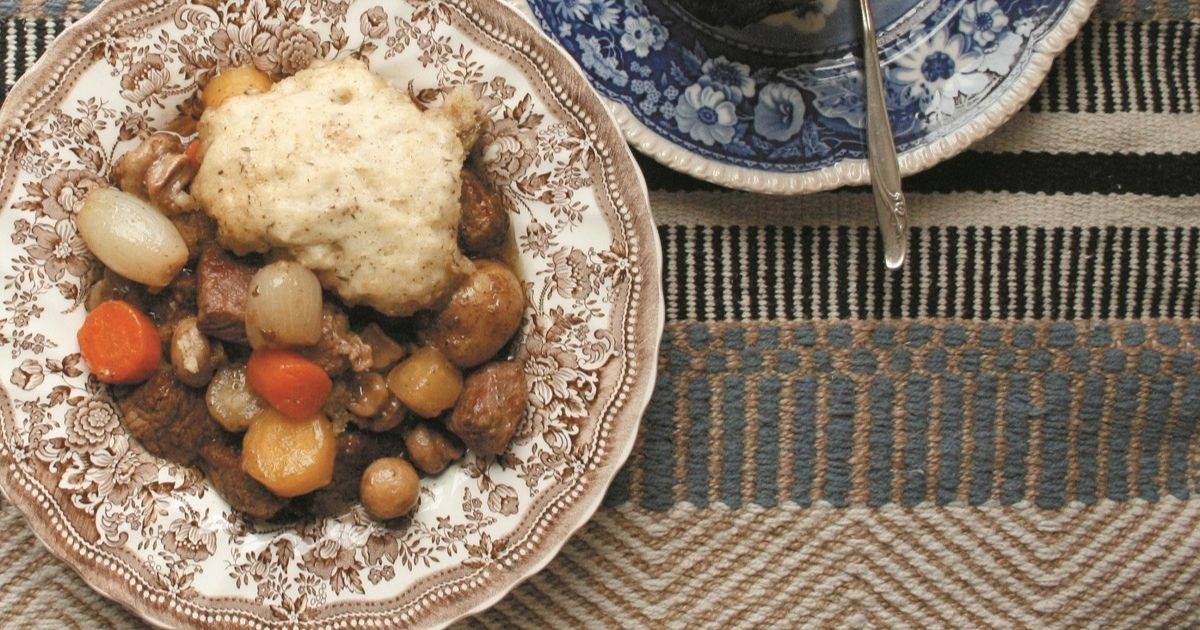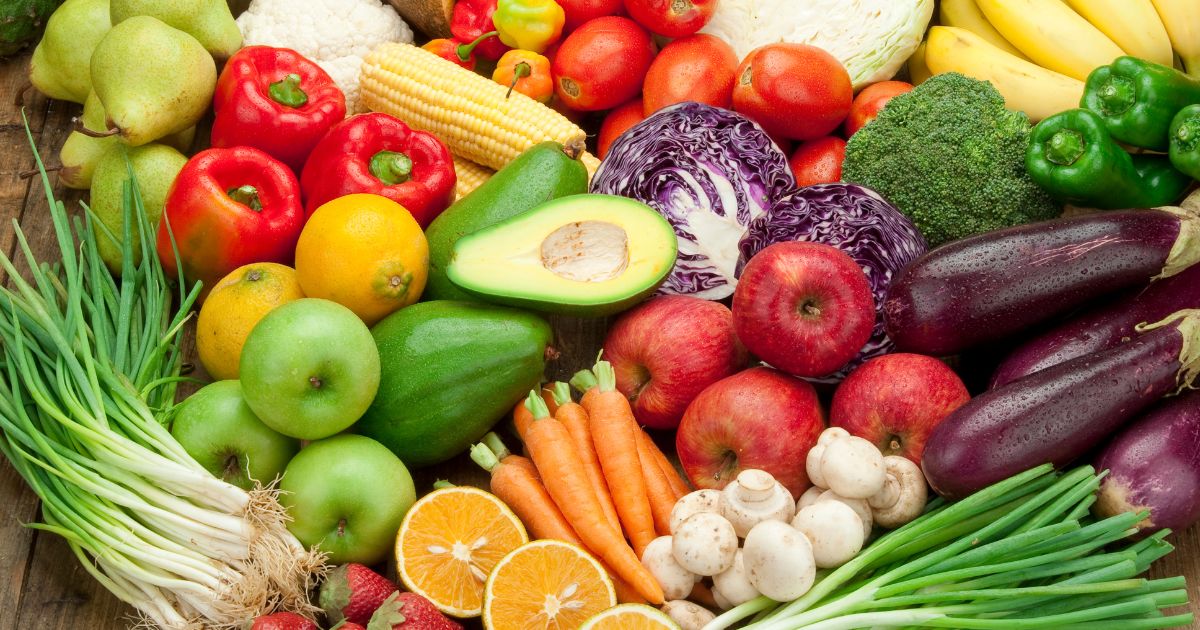“It made no sense doing what we did,” says Jenny Butcher as she tells the story of Little Brown Cow. The whimsical font and bold colours on the sign of the farm’s retail store pull people in, and it is Butcher and partner Wes Kuntz’s passion for their 70 Jersey cows, farming and food transparency that keep customers coming back.
Eleven years ago, the couple made the very difficult decision to walk away from Kuntz’s family’s dairy farm business, leaving them financially with nothing. They had met at university and dreamed of becoming dairy farmers and processing their own milk, but they were disenfranchised with the modern farm model, where the farm gets larger and the only way to make more money is to keep getting larger. Their vision to de-commoditize food and farming and create a more compassionate food experience started with renting a barn to milk 20 cows. They lived in a trailer and had full-time jobs to make ends meet, all the while on the lookout to buy a farm where they could realize their dream of creating something unique and innovative.

The small farm they purchased on a main highway south of Brantford, Ontario, had an old abattoir, a simple barn in rough condition, and enough discarded camper trailers and cars to look like a scrapyard. “Nobody would have made that barn into a dairy barn,” says Butcher, laughing. “But we did. We got a flat tire on the skid-steer every other day for nearly a year.” Kuntz quit his off-farm job and did all the work to make the property ready to milk cows when they moved in two months later.
They focused on acquiring the licence to process milk, knowing it would be the springboard for everything else to fall into place. The name on that first licence, Tanbark Jersey Creamery, wasn’t quite right, explains Butcher. “People would get really excited when we would tell them about our intentions to make cheese, but when we told them the name, they’d act like a deflated balloon,” she says. “One Sunday afternoon, I just started carving letters out of plywood and Little Brown Cow was written as it is on the building now.”

They started with curds and soft cheeses and interacted with their customers to get feedback and direction on where to take the business next. The sales and store grew from simply putting an “Open” sign out at the road and starting a Facebook page, and their dream has turned into a full-time job for both of them and five employees. Kuntz is in charge of the dairy processing, Butcher runs the store, and both manage the farmwork together. Curds and their un-homogenized full-fat white and chocolate milks are top sellers, and Campfire Cheese, a marshmallow-shaped cheese with a high melting point perfect for roasting, is especially popular.

“You don’t have to shop at a multinational company to sustain yourself,” says Butcher. “We aim to be a one-stop shop, where there is one-degree of separation between us and the local farm.” In addition to their own dairy, beef and honey, the store is stocked with a variety of meats, spice mixes, sauces, soup beans, and in-season fruits and vegetables. A commercial kitchen in the back of the store turns out delicious ready-made meals, like beef lasagna with cheese curds, and popular desserts, such as dulce de leche cheesecake, all using the farm’s own ingredients.
Butcher has noticed food trends evolving. “We’ve reached peak veganism,” she says, observing that the “trend is coming back” to a middle ground that includes locally grown meats and dairy.

“We’re talking to a lot of people who are vegetarian and a smattering of people who are vegan looking at changing their lifestyle,” says Butcher. “They don’t like what they see online with large farms, but they’re realizing there are options.” She says Little Brown Cow is the antidote to giant companies that control food in North America. Butcher believes that “in order for you to eat, a lot of things have to die, whether you’ve chosen to eat meat or not.” She cites monoculture, such as a cornfield or field of almond trees, as being much more harmful to animals and the environment than a properly constructed dairy or beef farm.

Butcher has resisted the move to online sales because there is a lot of value in people stepping on the ground that grew their food. They are encouraged to ask questions, and this transparency around farming practices and food production has helped Little Brown Cow blossom. “Farms are complex, and reducing them to a single word, like ‘grass fed,’ is not the whole story, so I encourage people to come see us.”

You can find Butcher, Kuntz and their little brown cows at 234 Cockshutt Rd., Brantford, Ontario, and follow them at facebook.com/littlebrowncows.

Catherine Agar grew up on a dairy farm and is passionate about agriculture and food. She has a degree in Agriculture Economics from the University of Guelph and is currently taking Professional Writing classes at Western University in London, Ontario. After 18.5 years of doing double time, with an off-farm job as an agriculture lender and raising her family on a dairy farm, she recently hung up her banker hat for good. She is enjoying days on the farm with her four young children and tall Dutch husband, along with her Holstein cows and brown chickens. Her recipe for Nutty Berry French Toast was published in the 2014 Milk Calendar and can be found at www.dairygoodness.ca














